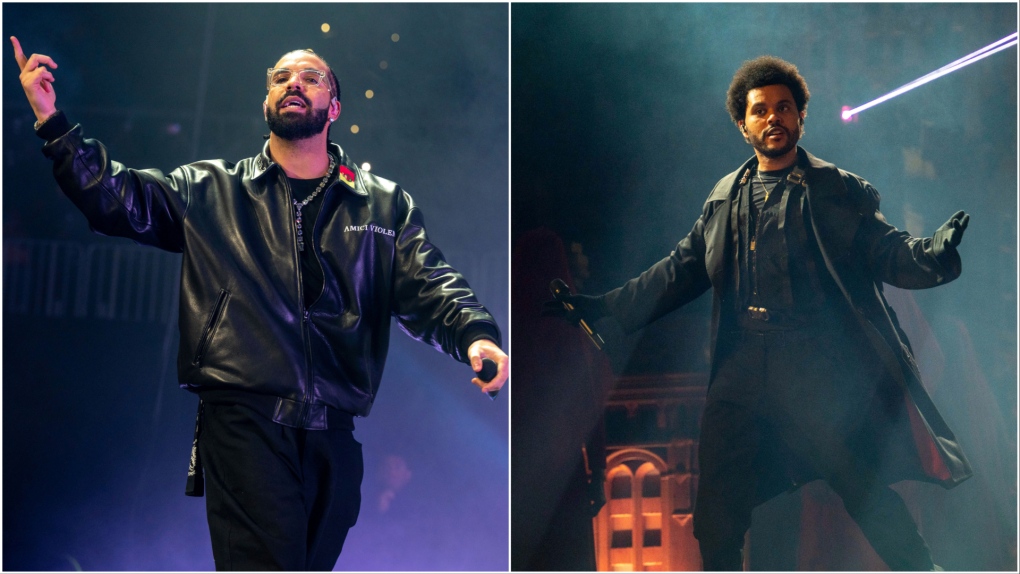AI-generated song has been removed from Spotify and Apple Music

The removal of a fake song by Drake and The Weeknd from popular music streaming platforms, Spotify and Apple Music, has raised concerns about the increasing use of artificial intelligence (AI) to generate music. The viral song, “Heart On My Sleeve,” had been streamed 600,000 times on Spotify and viewed 15 million times on TikTok before it was taken down. The song had been created by a YouTuber who trained AI audio models on the two musicians’ voices. Another YouTuber released its own AI-edited mix of the song.
The original version of the song was viewed 275,000 times on YouTube before it was removed over copyright issues. Universal Music Group (UMG), which publishes music hits for both Drake and The Weeknd through Republic Records, issued a statement saying that the use of AI on its artists’ music presents a challenge. UMG raised concerns about the denial of artists their due compensation and the violation of copyright.
The Recording Industry Association of America (RIAA) has also warned about the increasing use of AI to generate music and its infringement of copyrights. The music industry is seeking ways to protect its business from AI. The Human Artistry Campaign, launched last month and counting over 40 members, including RIAA, National Music Publishers’ Association (NMPA), American Association of Independent Music (A2IM), and SoundExchange, is an initiative to protect musicians from AI clones. The association published seven core AI principles in support of human creativity.
One of the principles states that the use of copyrighted works, and use of the voices and likenesses of professional performers, requires authorization, licensing, and compliance with all relevant state and federal laws. However, despite the efforts to protect human creativity, AI music generation software continues to spread. The ethics of AI-generated creative work are challenging artists in the industry beyond music.
German artist Boris Eldagsen refused the prize he won at the Sony World Photography Awards after revealing that his work was created using AI. The use of AI in creative work raises concerns about its impact on human creativity and the potential violation of copyright. The RIAA and other associations are calling for the authorization, licensing, and compliance with all relevant state and federal laws to protect human creativity from AI clones.
Drake has expressed his displeasure after an AI-generated version of his voice rapping on Ice Spice’s Munch circulated on Instagram. An AI version of his voice was also added to Cardi B and Megan Thee Stallion’s “WAP” and “Don’t” by rapper and songwriter Bryson Tiller. The use of AI in creative work has sparked a debate about the ethics of AI-generated work and its impact on human creativity. It remains to be seen how the music industry will adapt to the increasing use of AI in generating music.


Comments
Post a Comment